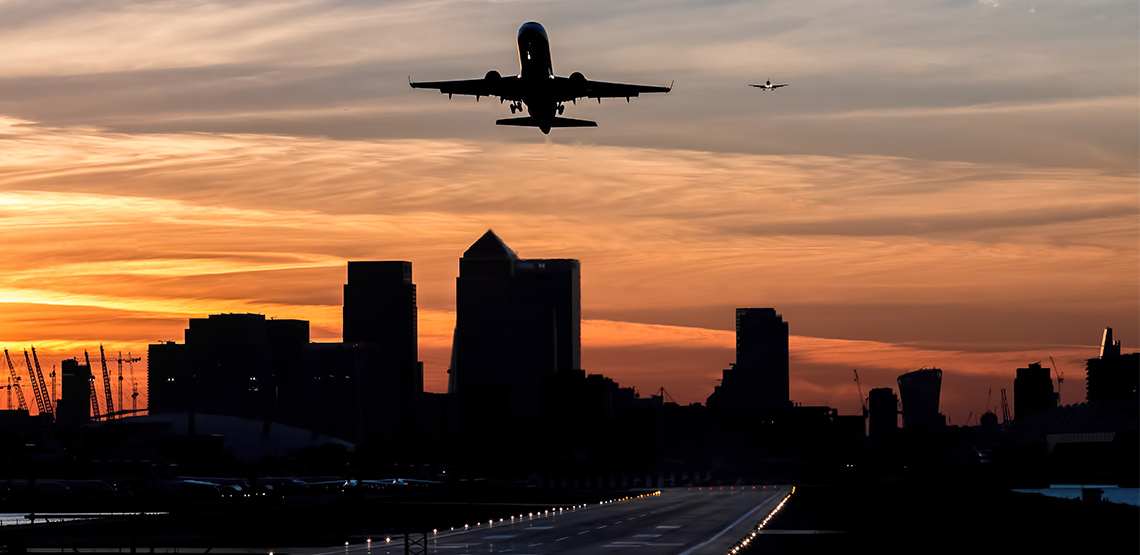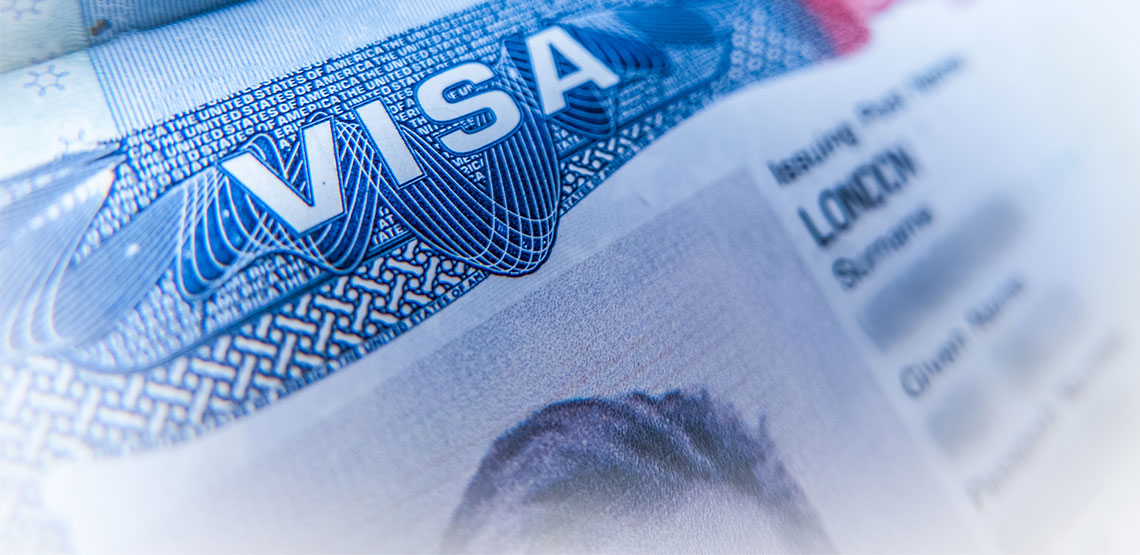What You Need to Know About the Impact of Brexit on Travel to the UK
Change Is in the Air
The United Kingdom’s decision to leave the European Union (EU) has become a crucial moment for the millennial generation. Up until now, British and European citizens have consistently enjoyed the ability to freely move around. Now, neither group is aware of the process for short-term visa applications or their legal rights when it comes to working.
At the moment, there aren’t any changes to immigration set in stone for those outside the European Union zone who want to go to the United Kingdom. Some politicians are campaigning to tighten the relationship with the commonwealth, while Theresa May’s government has been building relations with America and China.
Whatever happens, the Brexit transition period is fast approaching and will be a hard time for those who are unprepared. Familiarity with immigration practices will eventually become part of the cultural movement and the travel industry will have to keep up.
So what do you need to know about navigating travel to the UK in the meantime?
Information for Europeans
When it comes to questions about Brexit and visas, you should know that the government is moving to create an Indefinite Leave to Remain (ILR) visa for Europeans coming to the UK. This is the type of visa you’ll need to apply for if you want to stay in the UK without any time restraints.
Europeans will also have to legally carry their passport when traveling to the UK.
Lastly, after the country leaves the EU, there will be a complete halt of free movement of labor — the ability of EU citizens to look for a job in another EU country.
Information for Non-Europeans
The opportunities for young people coming to the UK outside of the European Economic Area (EEA) are different than those coming from within. Those living outside the EEA can apply for a Tier-5 visa — a short term visa that requires you to work a minimum of 25 hours a week. It’s a popular choice for those wanting to explore the country.
With the Tier-5 Youth Mobility visa, those aged between 18 and 30 can stay in the UK for up to two years.
Implications for All Travelers
The open-air agreement that allows the continued success of no-frills airlines will stop if the UK decides to leave the agreement. This may discourage airlines from making stops to the UK and thus make travel to the UK more expensive.
It's nearly impossible to get a unique experience at a tourist trap. Get more out of travels by visiting these tourist trap alternatives instead!
Future Possibilities
After Brexit, the UK will be making travel negotiations with countries within the EU. There are also plans to develop an exchange system with certain countries that the UK wishes to keep trading and maintaining a strong business relationship with.
Hopefully this will help make improvements to ease of travel to the UK.
There’s also hope that the anticipated tourism deal that will be made by the UK post-Brexit will discourage other practices that make travel to the UK more difficult. For example, on average more than half of general US visitor visas take 30 days to process. The tourism deal may discourage this delay as it may have a detrimental impact on an audience who is already unfamiliar with the process.
Negative Implications
Implementing a visitor’s visa for EU citizens will cause issues for tourism and may have opposing effects on both sides of the Union. Tourism is an immense industry — a large part of that is due to the ease of access for said tourists.
Some are noting that the main advantage from the divorce is that the UK will no longer have to pay duty on items that would require payment of taxes. However, once the UK leaves it also won’t be able to bring in large amounts of wine and cigarettes from European countries.
The result?: six of one, half a dozen of the other.
For more UK immigration questions, visit the Immigration Advice Service website.








